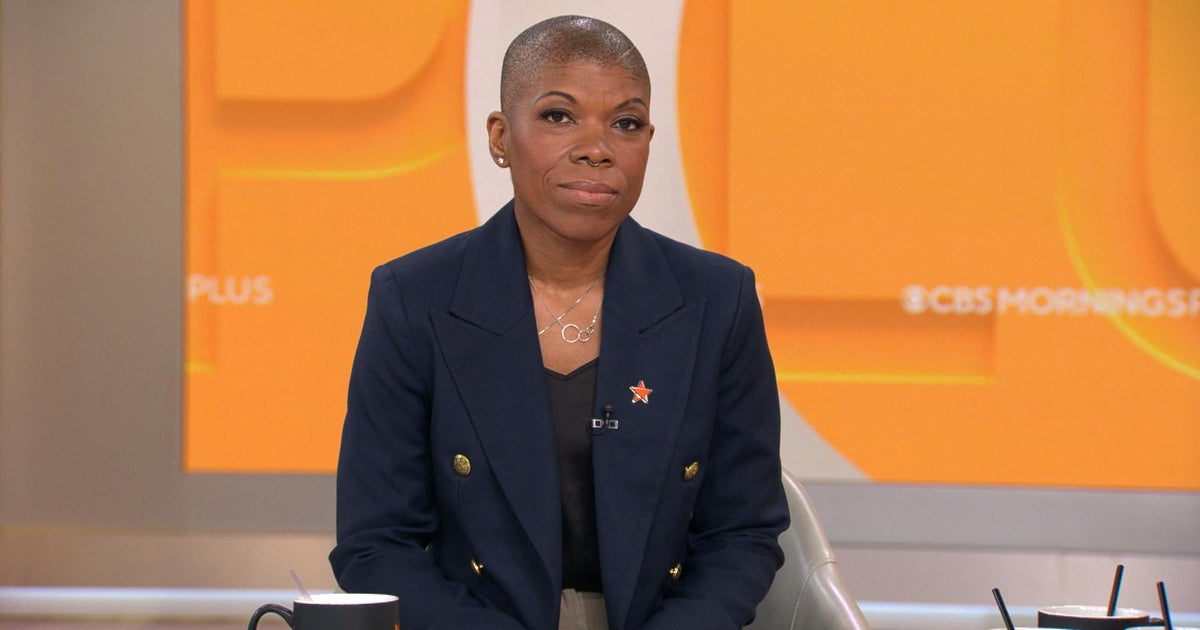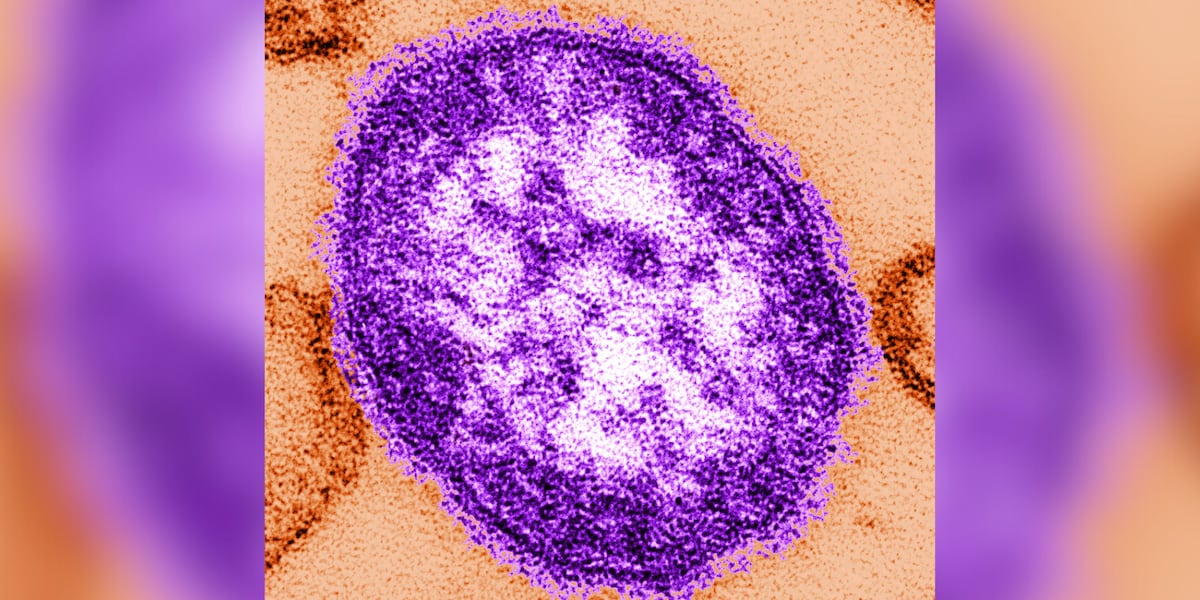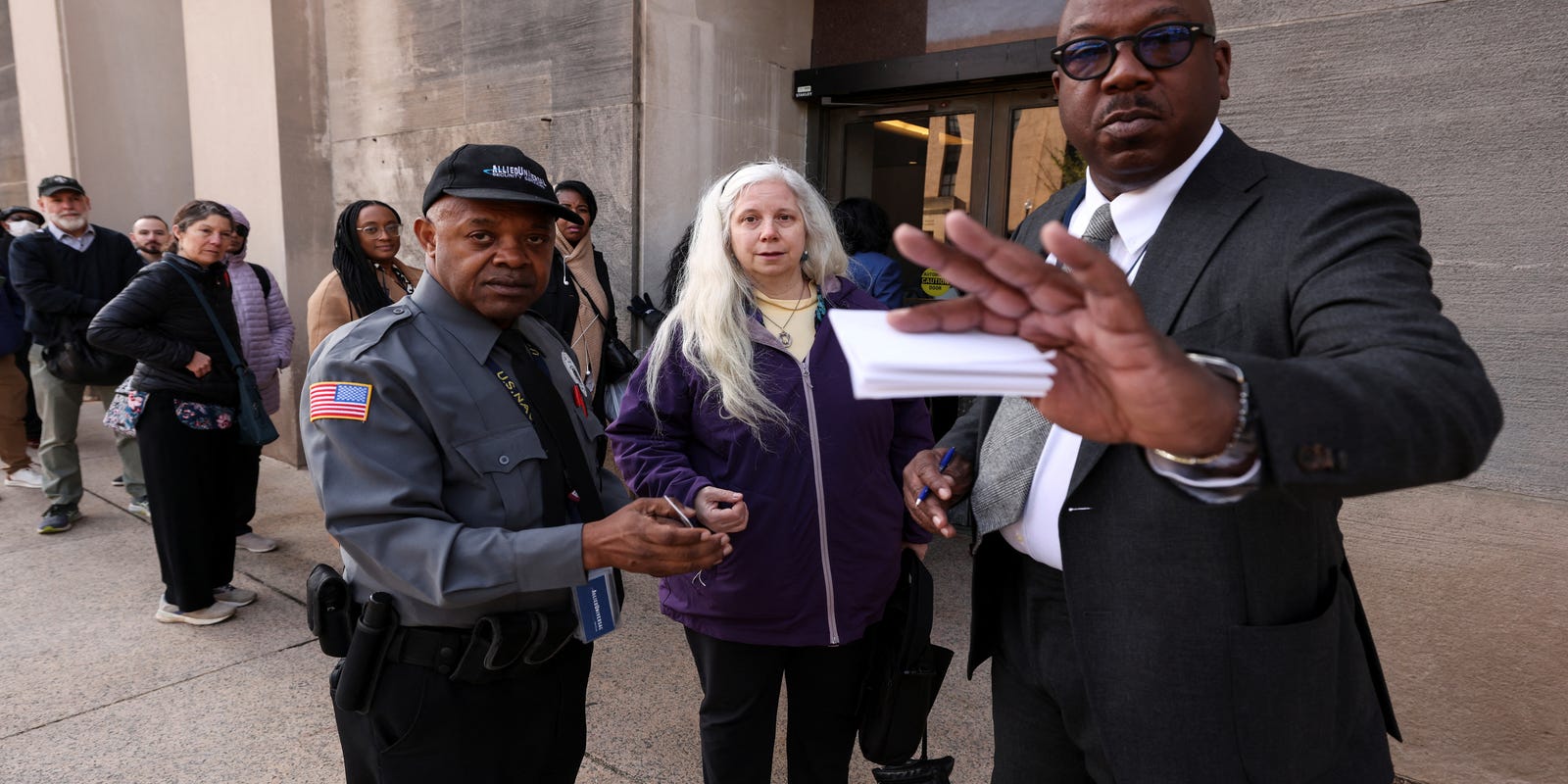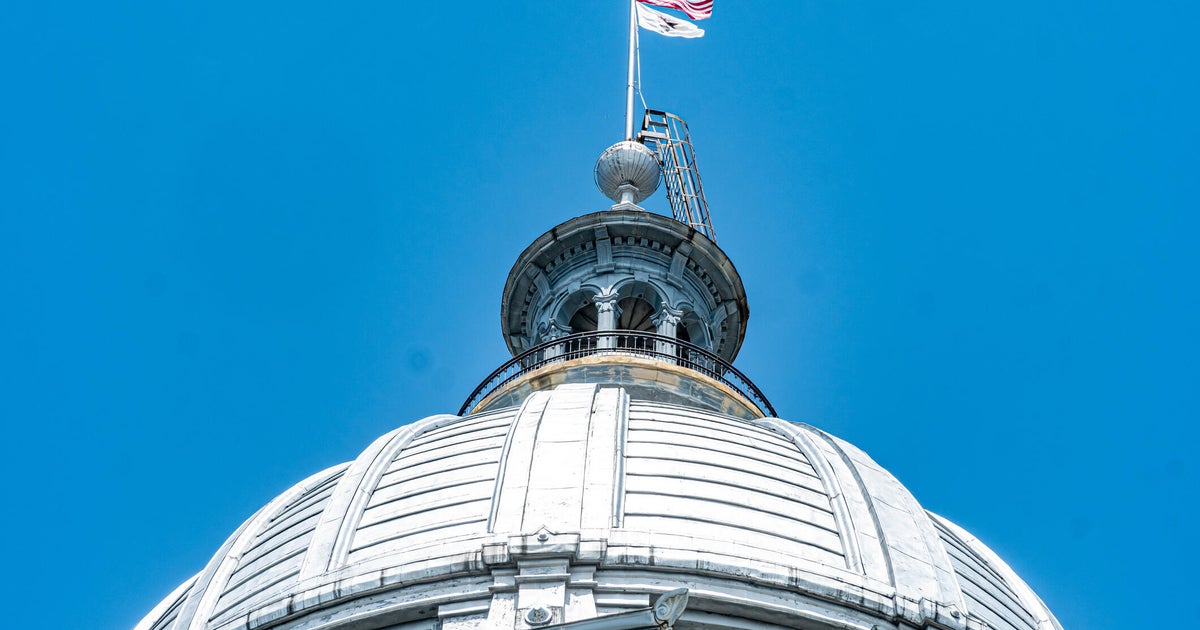Breaking Barriers: The Lifeline for LGBTQ Youth's Mental Wellness
Health
2025-05-06 14:25:08Content

In a powerful and timely interview on CBS Mornings, The Trevor Project's CEO Jaymes Black addressed the alarming implications of recently leaked Trump administration documents that suggest potential cuts to critical suicide prevention support for LGBTQ youth.
The leaked documents have raised significant concerns about the potential impact on vulnerable young LGBTQ individuals who already face disproportionate mental health challenges. Black, a leading advocate for LGBTQ youth support, brought attention to the devastating consequences such cuts could have on an already marginalized community.
During the interview, Black emphasized the importance of continued support and resources for LGBTQ youth, highlighting The Trevor Project's ongoing mission to provide life-saving intervention and suicide prevention services. The organization has been a crucial lifeline for countless young people struggling with mental health, identity, and acceptance.
The potential reduction in support services comes at a time when LGBTQ youth are already experiencing heightened levels of stress, discrimination, and mental health challenges. Black's appearance on CBS Mornings serves as a critical platform to raise awareness about the urgent need to protect and support these vulnerable young individuals.
As the conversation continues, advocates like Black remain committed to ensuring that LGBTQ youth have access to the support, resources, and understanding they desperately need during challenging times.
LGBTQ Youth Suicide Prevention: A Critical Lifeline Under Threat
In the complex landscape of mental health support, LGBTQ youth continue to face unprecedented challenges that demand immediate and compassionate intervention. The delicate balance of psychological well-being for marginalized young individuals hangs in the precarious balance of policy, social acceptance, and dedicated support systems.Protecting Vulnerable Voices: When Silence Becomes Dangerous
The Invisible Crisis of LGBTQ Mental Health
The mental health landscape for LGBTQ youth represents a profound and deeply nuanced challenge that extends far beyond simple statistical measurements. Research consistently demonstrates that these young individuals experience significantly higher rates of psychological distress, depression, and suicidal ideation compared to their heterosexual and cisgender peers. The intersectionality of identity, social rejection, and systemic discrimination creates a perfect storm of mental health vulnerabilities that require sophisticated, targeted interventions. Psychological experts have long recognized that LGBTQ youth require specialized support mechanisms that acknowledge their unique experiences. The Trevor Project, a leading national organization dedicated to suicide prevention, has been at the forefront of developing comprehensive strategies that address the multifaceted challenges faced by these young individuals. Their work goes beyond traditional counseling, creating safe spaces that validate identity, provide emotional support, and offer critical crisis intervention services.Policy Implications and Potential Threats
Leaked administrative documents suggesting potential cuts to suicide prevention support represent a potentially catastrophic development for LGBTQ youth mental health infrastructure. These proposed reductions could dismantle carefully constructed support networks that have been instrumental in providing lifeline services to some of society's most vulnerable populations. The potential policy changes raise critical questions about the commitment to protecting marginalized youth. Each reduction in support services translates directly into increased risk for young individuals already navigating complex psychological landscapes. Mental health professionals argue that such cuts could potentially reverse years of progress in creating inclusive, supportive environments for LGBTQ youth.Voices of Resilience and Advocacy
Jaymes Black, CEO of The Trevor Project, emerges as a pivotal voice in this critical dialogue. Their leadership represents more than administrative guidance; it embodies a profound commitment to creating systemic change and protecting vulnerable youth. By consistently challenging potential policy reductions and amplifying the experiences of LGBTQ young people, Black demonstrates the power of strategic advocacy. The organization's approach combines data-driven research, compassionate intervention, and strategic policy engagement. Their work illuminates the complex realities faced by LGBTQ youth, transforming individual stories of struggle into powerful narratives of resilience and hope. Each counseling interaction, each policy recommendation represents a potential lifeline for young individuals experiencing profound psychological challenges.Comprehensive Support: Beyond Crisis Intervention
Effective mental health support for LGBTQ youth requires a holistic approach that extends far beyond crisis management. It demands creating comprehensive ecosystems of support that address psychological, social, and systemic challenges. This includes developing educational programs, providing accessible counseling services, and creating community networks that validate and celebrate diverse identities. The intricate work of organizations like The Trevor Project highlights the nuanced strategies required to support marginalized youth. Their interventions are not merely about preventing immediate crisis but about creating sustainable pathways to psychological well-being, self-acceptance, and personal empowerment.The Broader Social Context
The ongoing challenges faced by LGBTQ youth cannot be understood in isolation from broader social dynamics. Societal attitudes, legislative environments, and cultural narratives all play critical roles in shaping the psychological experiences of young individuals. Each policy decision, each public discourse contributes to creating environments that can either support or further marginalize these vulnerable populations. The potential reduction in suicide prevention support represents more than an administrative decision; it reflects deeper societal attitudes towards diversity, inclusion, and mental health. The response to such proposed cuts will ultimately reveal society's genuine commitment to protecting its most vulnerable members.RELATED NEWS
Health

Health Insights: How National Public Health Week Sparked Critical Reflection on Community Wellness
2025-04-19 10:00:01
Health

Measles Alert: West Virginia Health Authorities Sound Urgent Warning of Potential Public Exposure
2025-03-14 03:20:27






